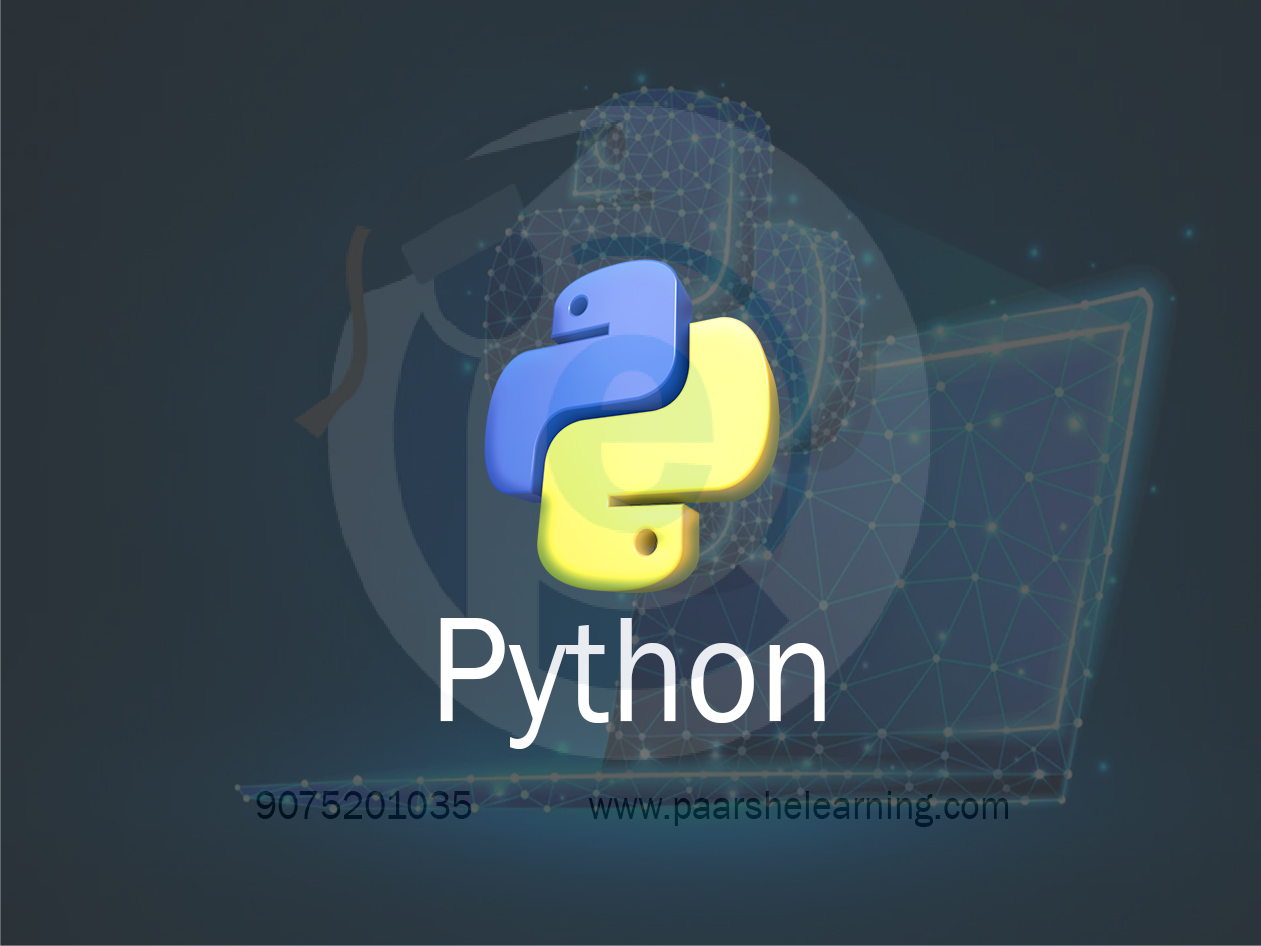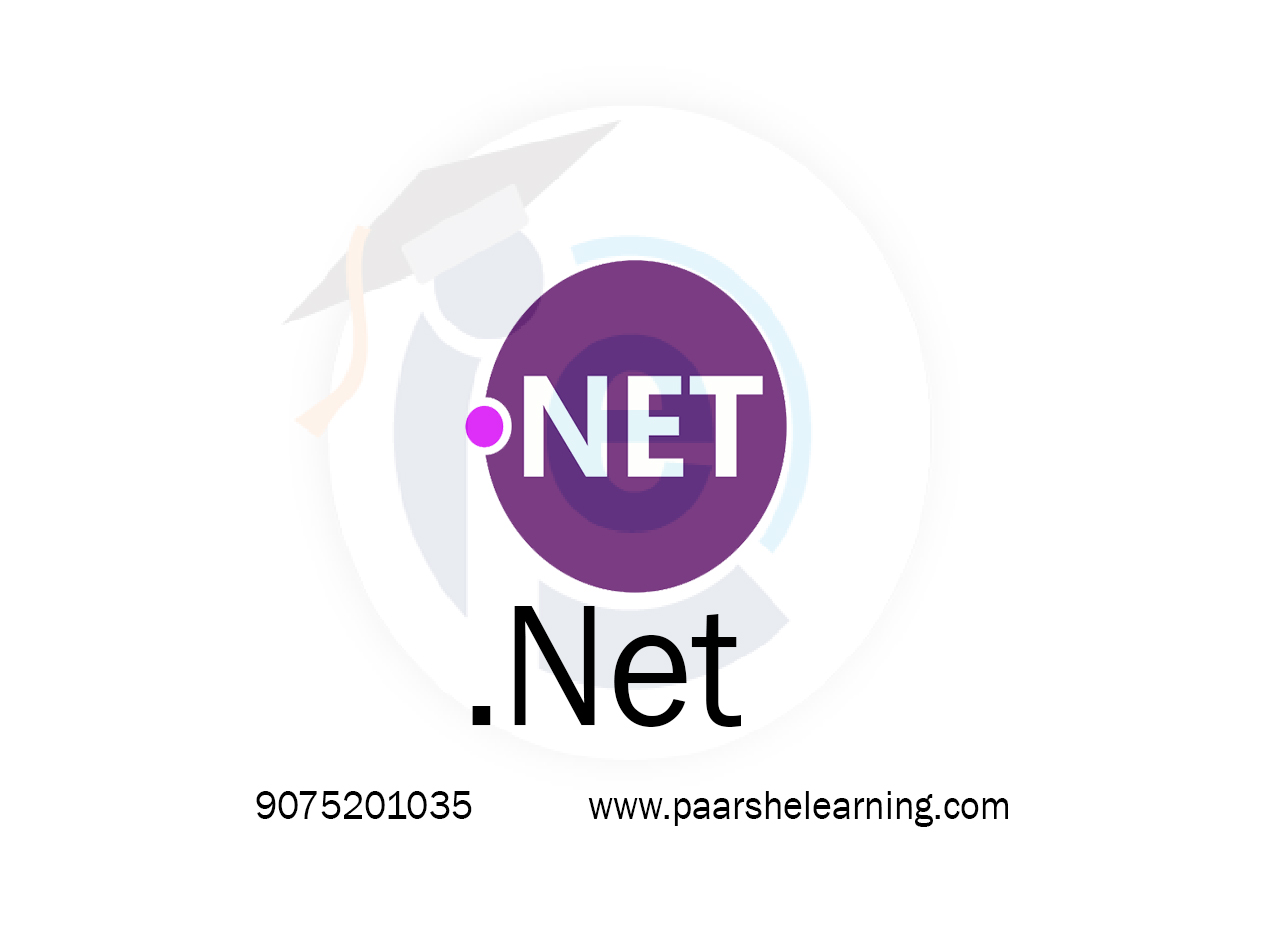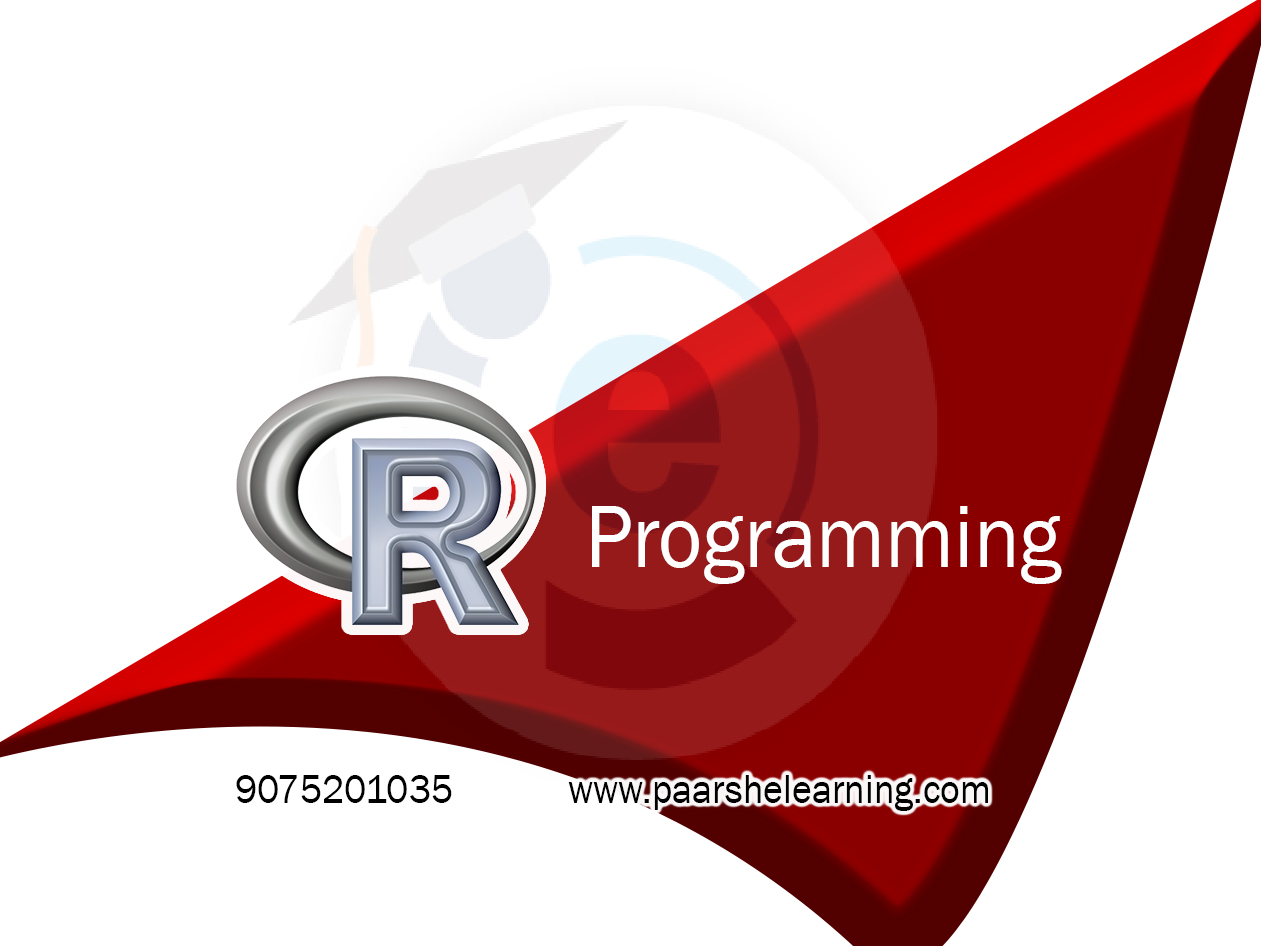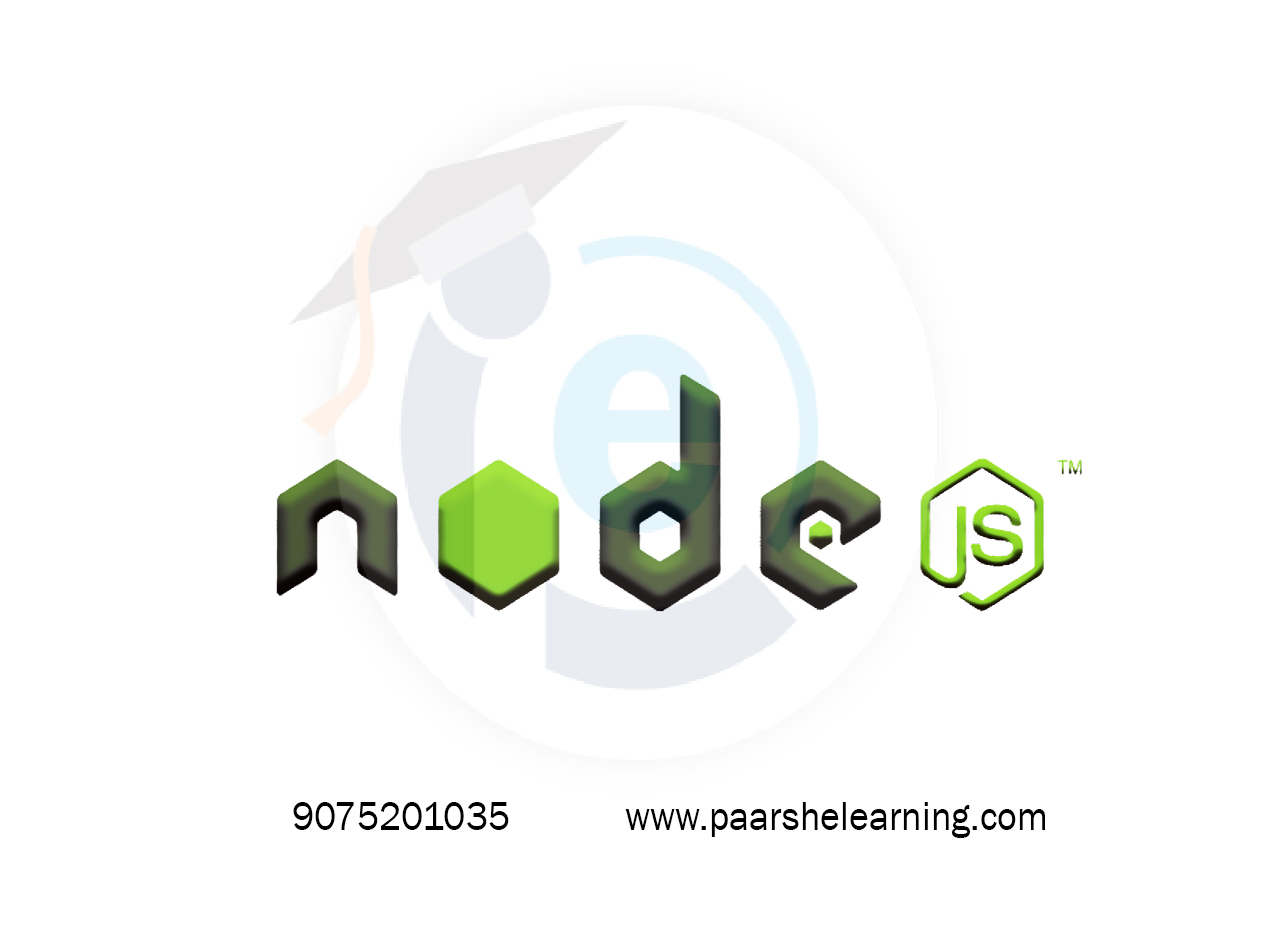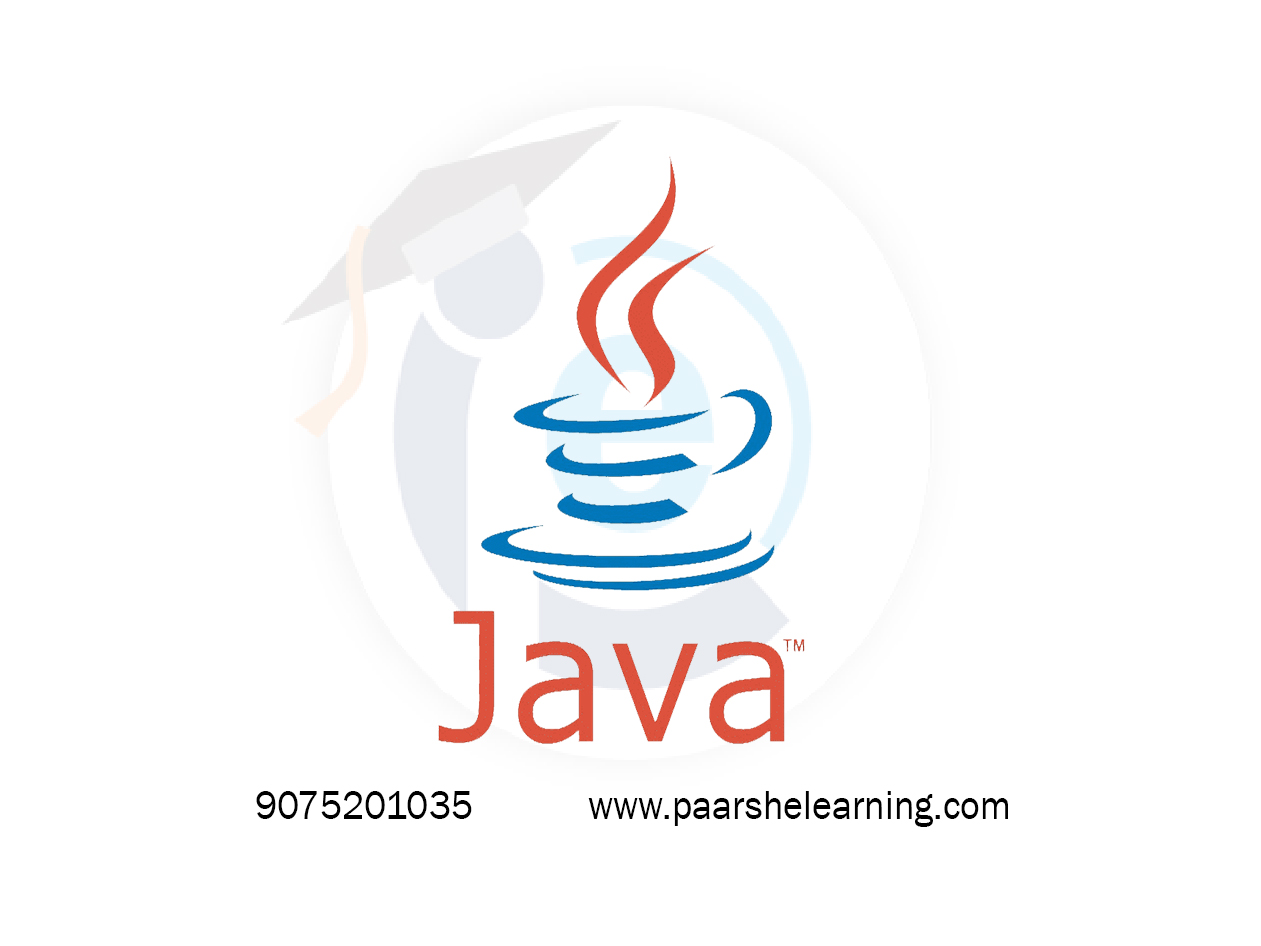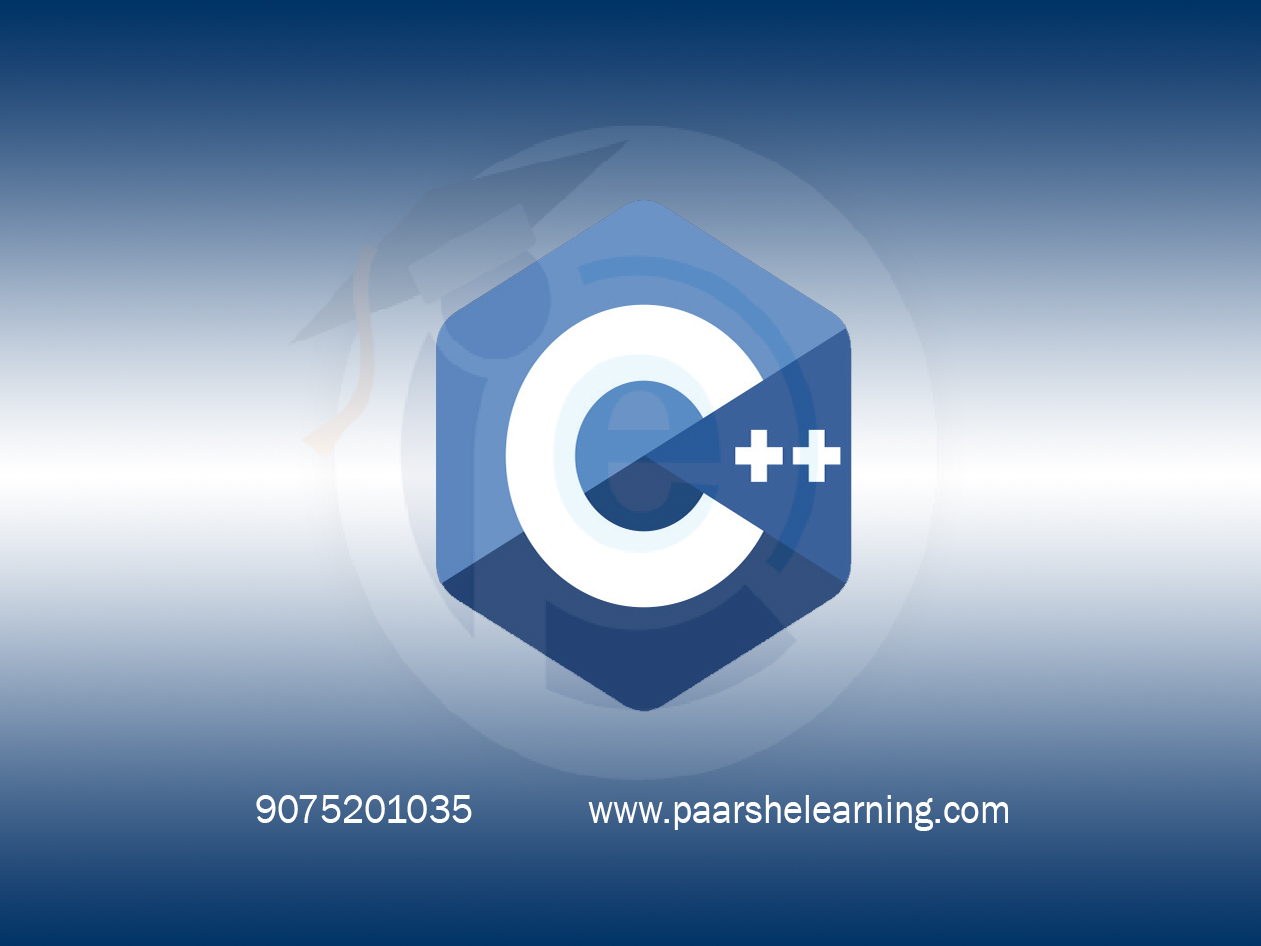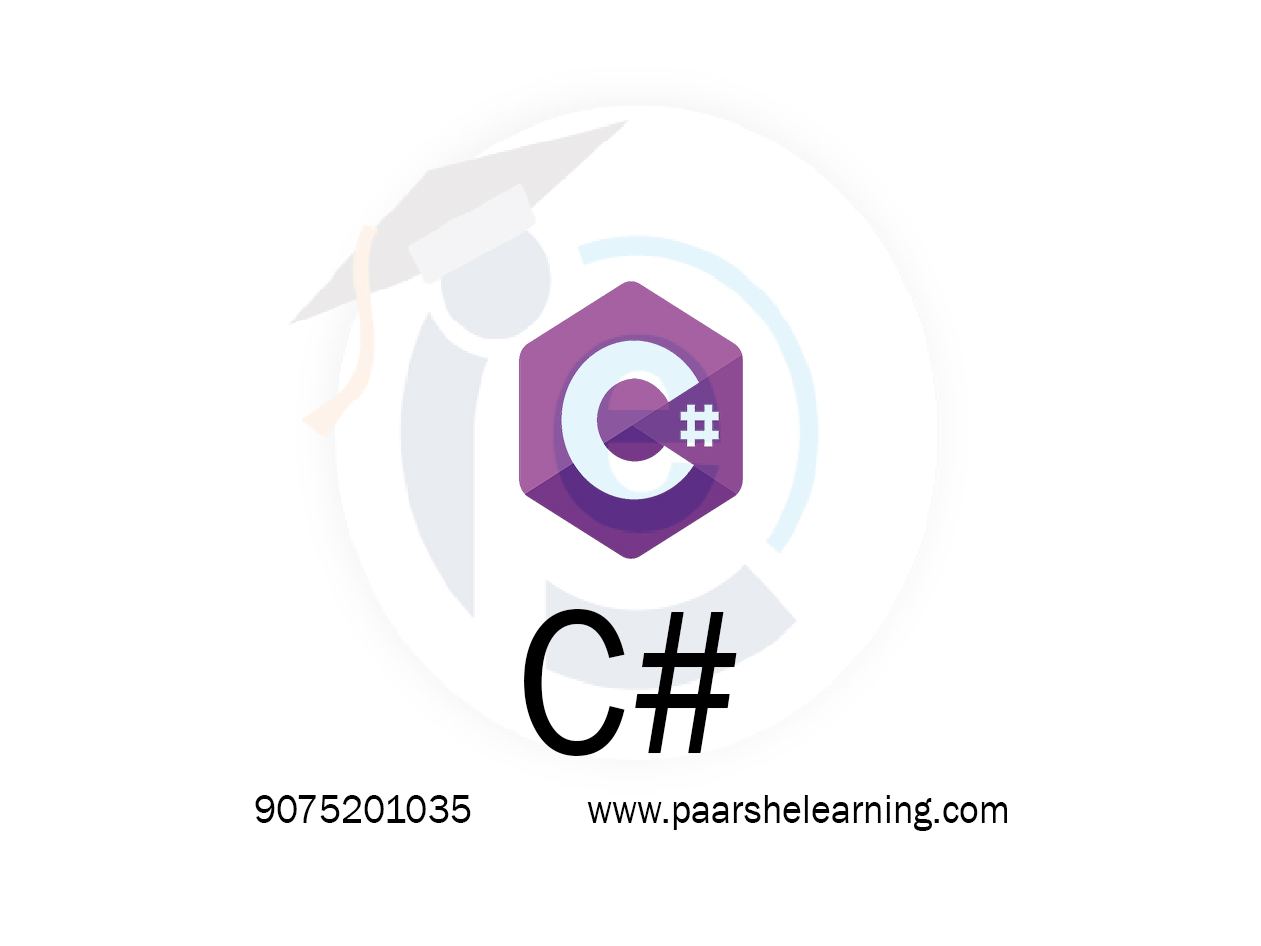- Basic syntax and data types: In a Python course, you'll start by learning the basic syntax of the language, including how to write variables, data types like integers and strings, and how to use conditional statements.
- Functions and modules: You'll also learn how to write functions and modules, which are reusable pieces of code that can help you organize and structure your programs.
- Input and output: You'll learn how to work with input and output in Python, including reading from and writing to files, and interacting with users through the command line or graphical user interfaces.
- Data structures: Python has many built-in data structures, such as lists, tuples, and dictionaries. You'll learn how to use these data structures to organize and manipulate data in your programs.
- Object-oriented programming: Python supports object-oriented programming (OOP), a programming paradigm that emphasizes the use of objects and classes. You'll learn how to use OOP concepts like inheritance and polymorphism in your Python programs.
- Libraries and frameworks: Python has a large ecosystem of libraries and frameworks that can help you develop applications more quickly and easily. In a Python course, you'll learn how to use popular libraries like NumPy, Pandas, and Matplotlib for data analysis, as well as frameworks like Django and Flask for web development.
- Overall, a Python course can teach you everything you need to know to start developing applications with Python. It's a versatile language that can be used for many different purposes, Paarsh E-Learning has many resources available to help you learn.
Python
Course description
Python is a versatile and beginner-friendly programming language known for its simplicity, readability, and extensive library ecosystem. If you're interested in learning Python, here are some prerequisites that can be beneficial:
-
Basic Computer Skills: Familiarize yourself with basic computer skills such as file management, using a text editor or Integrated Development Environment (IDE), and navigating the command line interface (CLI). These skills will help you write, save, and execute Python code.
-
Programming Concepts: Gain a basic understanding of fundamental programming concepts such as variables, data types, operators, control structures (loops and conditionals), functions, and basic input/output operations. Understanding these concepts will provide a solid foundation for learning Python.
-
Mathematics: Basic knowledge of mathematics, including arithmetic operations, algebra, and logic, is beneficial for understanding and implementing algorithms in Python. Depending on your specific interests, familiarity with topics like statistics or linear algebra may also be helpful.
-
Text Editor or IDE: Choose a text editor or Integrated Development Environment (IDE) to write and edit Python code. Popular options include Visual Studio Code, PyCharm, Sublime Text, or Atom. These tools provide features like code highlighting, auto-completion, and debugging capabilities that enhance your development experience.
-
Python Interpreter and Environment: Install the Python interpreter on your computer, which allows you to run Python code. You can choose between Python 2. x and Python 3. x, but it's recommended to start with Python 3. x as it is the most up-to-date version. Additionally, setting up a virtual environment using tools like Virtual or Anaconda can help manage your Python projects and dependencies.
-
Python Standard Library: Familiarize yourself with the Python Standard Library, which provides a vast collection of modules and packages for performing various tasks. The standard library includes modules for tasks like file input/output, regular expressions, networking, and more. Understanding how to leverage these modules will save you time and effort in your Python projects.
-
Resources and Learning Materials: Utilize reliable learning resources such as books, online tutorials, video courses, or interactive coding platforms dedicated to teaching Python. These resources can provide structured learning materials, examples, and exercises to help you grasp the language concepts.
-
Practice and Projects: Apply your knowledge by practicing coding exercises and working on small projects. Building practical projects will help solidify your understanding of Python and improve your problem-solving skills.
-
Python Community and Documentation: Engage with the Python community by joining forums, attending meetups or conferences, and participating in coding challenges. Explore the official Python documentation, which provides comprehensive information about the language syntax, standard library, and best practices.
Python is used in various domains, including web development, data analysis, scientific computing, machine learning, and automation. As you progress in your Python journey, you can explore specialized libraries and frameworks that align with your interests.
What you will learn from this course?
This course includes!
- Daily Live session
- A recorded session with problem-solving material
- Access on Mobile and TV
- Certificate of completion
- Recommendation Letter
- Free lifetime access
- Resume building sessions
- Job Assistance
This course is for
- A Python course can be useful for anyone interested in learning how to program or anyone who wants to add a new language to their skill set. Here are some groups of people who might benefit from taking a Python course:
- Beginners: Python is a great language for beginners who are just starting to learn programming. It has a simple and straightforward syntax that is easy to read and write, and there are many resources available to help beginners get started.
- Data analysts and scientists: Python is a popular language for data analysis and scientific computing. It has many built-in libraries and frameworks that can help analysts and scientists manipulate and analyze data more easily.
- Web developers: Python is also used for web development, with popular frameworks like Django and Flask. If you're a web developer who wants to learn a new language or add a new skill to your toolkit, a Python course can be a great choice.
- AI and machine learning engineers: Python is a popular language for AI and machine learning, with libraries like TensorFlow and PyTorch. If you're interested in developing AI applications or working in the field of machine learning, a Python course can be a great way to get started.
- Anyone interested in programming: Finally, a Python course can be useful for anyone who is interested in programming and wants to learn a versatile and popular language. Python is used in a wide range of industries and applications, and learning it can open up many opportunities for career advancement and personal growth.
Prerequisites for this course
- The prerequisites for a Python course can vary depending on the level of the course and the specific topics covered. However, here are some general prerequisites that can help you succeed in a Python course:
- Basic computer skills: You should be comfortable using a computer and basic software programs like a text editor or terminal window.
- Understanding of programming concepts: While a Python course can be a great way to learn to program, it can be helpful to have some understanding of programming concepts like variables, loops, and conditional statements.
- Basic math skills: If you're interested in using Python for data analysis or scientific computing, it can be helpful to have a basic understanding of math concepts like algebra and statistics.
- Familiarity with the command line: Some Python courses may require you to work with the command line, so it can be helpful to have some familiarity with basic command line commands.
- Eagerness to learn: Finally, the most important prerequisite for a Python course is a willingness to learn and explore. Python can be a fun and rewarding language to learn, but it does require some time and effort to master.
- Overall, a Python course can be a great way to learn to program and add a new skill to your toolkit. With some basic computer skills and an eagerness to learn, you can succeed in a Python course and start developing your own applications with Paarsh E-Learning
Python Language Syllabus
-
Introduction To Python Programming
Understanding the importance and applications of Python Setting up the Python development environment Basics of Python syntax and structure Writing and running your first Python program
-
Variables, Data Types, And Operators
Introduction to data types: int, float, str, etc. Working with variables and constants Using arithmetic, relational, and logical operators Typecasting and operator precedence
-
Control Flow And Decision Making
Implementing if, elif, and else statements Working with loops: for and while Using range() and enumerate() functions Using conditional expressions
-
Data Structures: Lists, Tuples, And Dictionaries
Introduction to lists and their methods Working with tuples and their immutability Using dictionaries for key-value pairs Iterating over data structures using loops
-
Functions And Modules
Defining and calling functions Passing arguments and returning values Understanding the scope and global variables Creating and using modules in Python
-
Object-oriented Programming (oop) In Python
Introduction to classes and objects Defining attributes and methods in classes Constructors and method overloading Inheritance, polymorphism, and encapsulation
-
File Handling And Exception Handling
Reading and writing files in Python Working with text and binary files Handling exceptions using try and except Raising and creating custom exceptions
-
Advanced Python Concepts And Applications
Introduction to Python libraries and modules Exploring libraries like NumPy, Pandas, Matplotlib Working with APIs and web requests Introduction to basic data analysis and visualization
-
Paarsh E-Learning encourages hands-on practice and assignments throughout the course to reinforce students' understanding of Python programming concepts. Assign projects that gradually increase in complexity to challenge their skills. Cover both theoretical concepts and practical coding exercises to provide a well-rounded learning experience.
